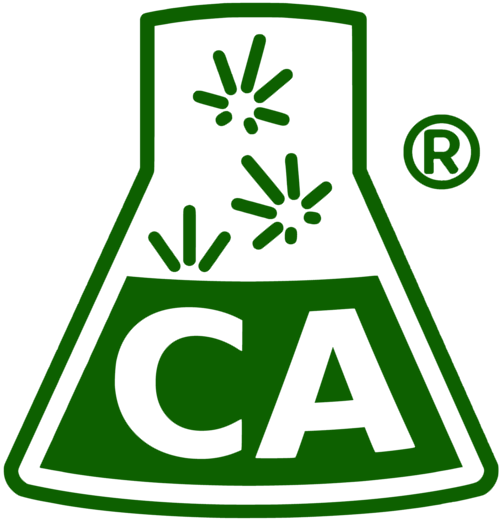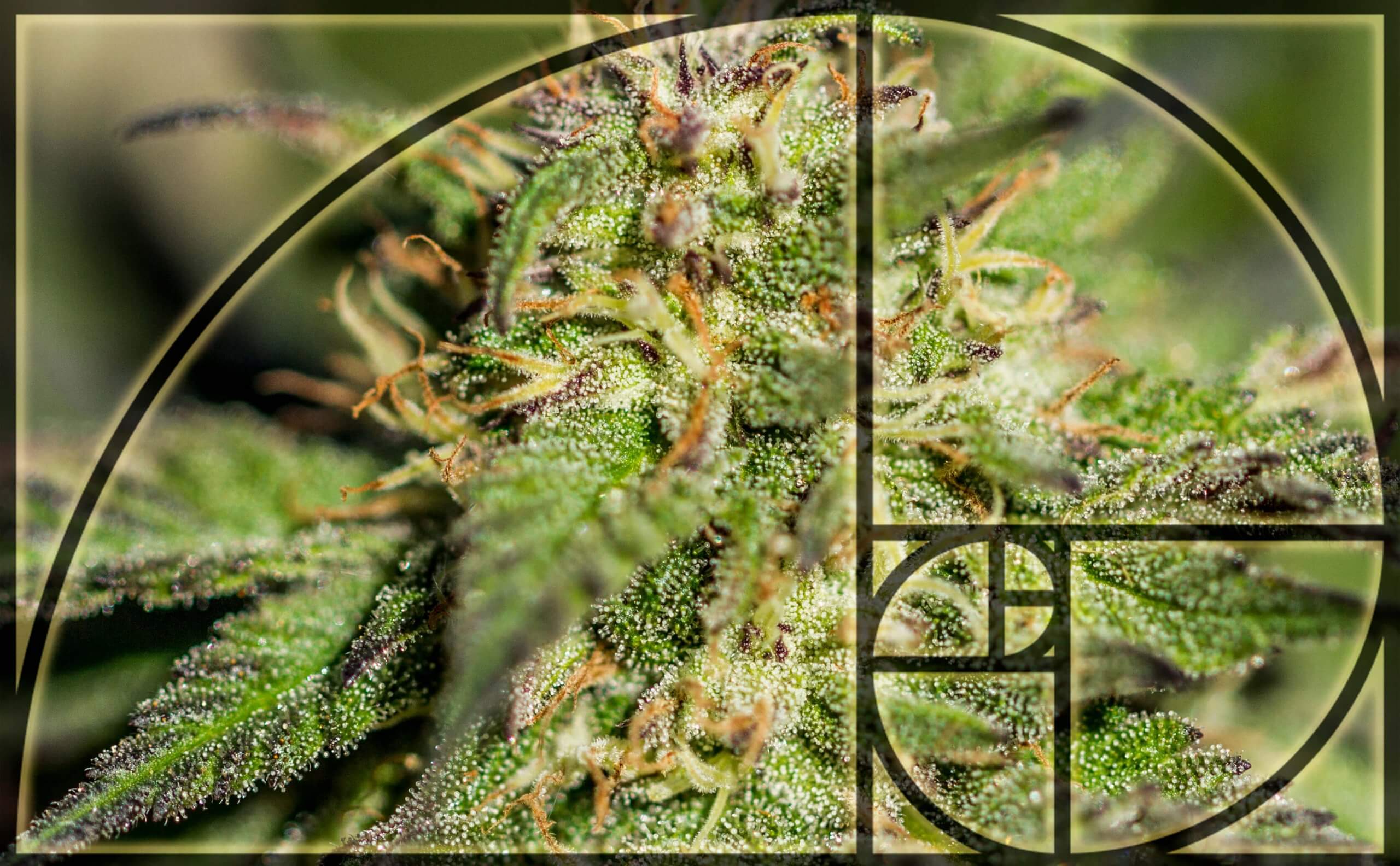A study published on Scientific Reports titled The Cannabinoid Content of Legal Cannabis in Washington State Varies Systematically Across Testing Facilities and Popular Consumer Products has highlighted the need for standardized laboratory methodologies in the legal cannabis industry. Authored by Nick Jikomes PhD (Principal Research Scientist with Leafly‘s Division of Data Science) and Michael Zoorob (Department of Government, Harvard University), and based on the complete I-502 dataset collected between the opening of Washington’s recreational cannabis market in 2014 through to May 2017, the study documents systematic differences in the cannabinoid content reported by different laboratories in the state. These differences persisted even after controlling for differences related to the producers, product types, or strain names of the samples being processed by each lab.
Differences between labs were apparent across all 3 identified cannabis chemotypes (THC-dominant / balanced / CBD-dominant) in both flower and concentrate form, and one of the most striking aspects of the report is the substantial variation in the propensity of labs to report THC-dominant strains with low total CBD levels. Given that THC:CBD ratios are highly useful to the industry (e.g. as chemovar/strain markers), it is important for a lab to be able to report these ratios accurately and precisely.
Having analyzed the I-502 dataset, Leafly decided to partner with the lab that had both a large dataset and the ability to detect consistent THC:CBD ratios across cannabis chemovars – Confidence Analytics.
We are both honored and humbled by this recognition of our data and our methods, and we are excited to work with Dr. Jikomes and Leafly on the next steps of their analysis – discovering new insights about cannabis products through cannabinoid and terpene profiles, and bringing this information to consumers. However, we should not be the only lab that is capable of generating data of the quality that the industry needs. Any lab that cares about their work and takes pride in their outcomes should be able to produce data of this quality. Therefore, and in the interest of lab standardization and industry vitality, Confidence Analytics has decided to open-source the details of our HPLC cannabinoid analysis method, including methods of homogenization, sample preparation, and the LC method itself. This information will be made available in the coming days, so stay tuned to our social media channels!
Call To Action
The study concludes that reliable cannabis laboratory testing is an attainable goal. Standardized testing protocols and regular “round-robin” audits in an ISO-17025 context (where auditors are similarly accredited) are proposed. The round-robin audits should include metrics for:
- Deviation – comparing lab measurement distributions to an accepted standard
- Sensitivity – demonstrating the ability to detect low-level compounds
- Consistency – demonstrating the ability to achieve reproducible results for the same products
Confidence Analytics supports these conclusions, and we call on other cannabis testing facilities to join us. Only by agreeing to a common and transparent set of standards can we gain the trust of our customers in the industry – and most importantly, the trust of the consumers.
To conclude, here is Dr. Jikomes presenting his work for the first time at The Cannabis Alliance General Meeting held on Feb 8 2018 at Wood Technology Center in Seattle

